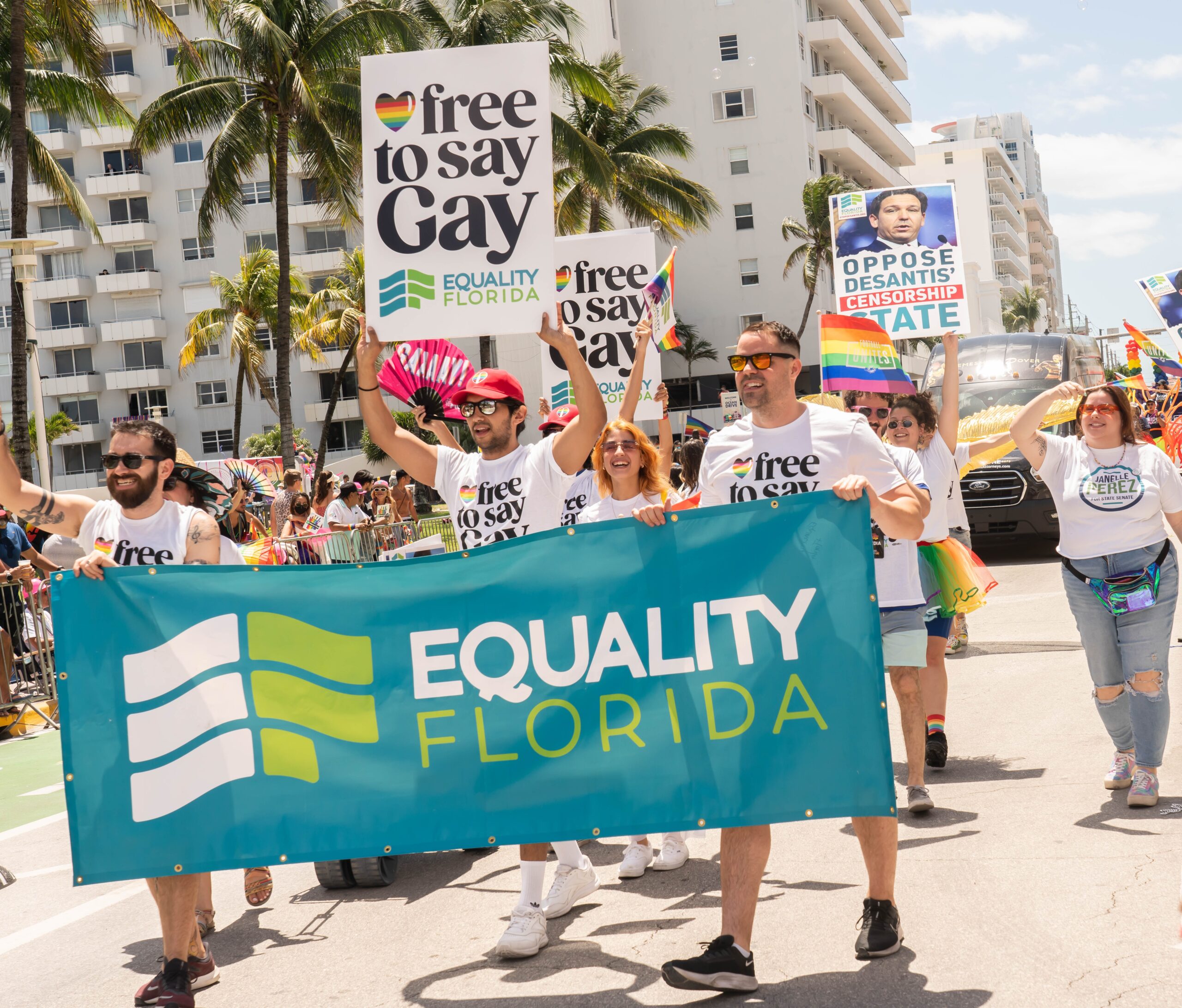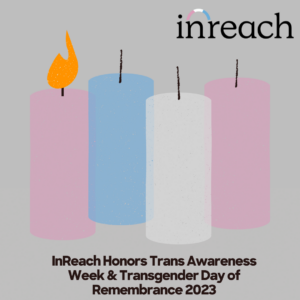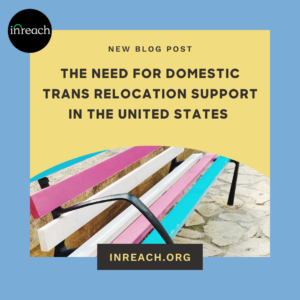No products in the cart.

Re: Florida’s “Don’t Say Gay” Bill
Hannah Kleinbardt, Summer 2022 PR/Media intern at InReach, reviews the controversy in Florida surrounding the “Don’t Say Gay” bill and the resulting political and cultural conflict stirring around the LGBTQ+ community.
The ‘Don’t Say Gay’ bill, formally the Parental Rights in Education bill, has garnered national attention since its controversial proposition by Florida’s Republican Governor Ron DeSantis (2019–present). As of July 25, it has become the subject of a federal lawsuit. Several families and advocacy groups filed against four Florida school districts–Orange, Indian River, Duval, and Palm River–citing the vagueness of language and constitutionality of the law itself.
Governor DeSantis signed the bill into law on March 28, 2022. According to DeSantis, the rights of parents have “been increasingly under assault around the nation,” which has jumped to the forefront of issues in need of immediate action. He has made it part of his own political agenda, standing firmly in support of the bill, believing that parents deserve the so-called fundamental right to manage their children’s education.
Effective beginning July 1, the law strictly prohibits any inclusion of sexual orientation or gender identity in classrooms of Kindergartners through third graders. Discussions for older students are under the discretion of developmental appropriateness in accordance with the state. Furthermore, the bill requires educators to notify parents and guardians of any healthcare service offered by the district, giving them the opportunity to decline on behalf of their children.
Students and faculty alike have vocalized their anger about being censored for supporting the LGBTQ+ community. Teachers have been verbally attacked for continuing the conversation within their own classrooms, even going as far as being labeled as pedophiles and being fired. Critics consider the bill to be restrictive against learning and fostering a safe environment, additionally they strongly believe that the bill is in direct opposition of the first amendment. Vice President Kamala Harris even weighed in, expressing her disapproval and stating that the legislation is preventing the ability to “love openly.”
The National Center for Lesbian Rights were the first to publically and legally challenge the bill. Following suit, other major groups including Lambda Legal, Southern Poverty Law Center, and Southern Legal Counsel did so too. The Walt Disney Company–owners of the state’s most popular attraction and largest source of employment–also publicly condemned the bill, vowing to do what they can to repeal it. The company wrote in a statement, saying “Florida’s HB 1557 should never have passed and should have been signed into law.”
It is very important to understand the full force of the bill, both the systematic and generational effects. According to the HRC Foundation (2018), only 26% LGBTQ+ students have always felt safe in their classrooms and 5% are surrounded by supportive faculty and staff. LGBTQ+ students have long been victims of verbal and physical abuse from their peers, many experiencing being bullied in the bathroom or on the playground. In recent years, those numbers have steadily risen, as the nation collectively becomes more inclusive, however, it is nowhere nearly where it should be (100%). Only a month has passed since the bill was signed into legislation but has already caused so much harm, paving way for more devastatingly damaging bills to be passed in the future–reverting back to life before the 2000s.
Amid the diverse responses following DeSantis’ bill passing, Lee County school district developed and implemented a Gender Support Plan as part of their Equity Guide. The purpose of the plan was to disclose the responsibilities of faculty and staff, described as the best means to protect the rights of LGBTQ+ students while staying within the constraints of the law.
The district is now requesting that students who want to be referred to by their correct pronouns complete a form. By law, faculty and staff are required to respect said pronouns. The form consists of questions regarding gender identity and support systems, among other things. One of the questions asks whether the parent(s) or guardian(s) are aware of their child’s gender identity and another questions asks who in the student’s life can be considered a main source of support. The main point of contention derives from the fact that the form requires parental knowledge and approval of the student’s preferred pronouns. For students with supportive parents, this may not pose any problem other than an invasion of privacy. However, for those whose parents are not so accepting or outright opposed, the new plan can be both dangerous and mentally taxing–becoming a potential deterrent from being their true selves.
Rob Spicker, assistant director of media relations and public information for the district schools, ensures the animosity of the plan. Any completed forms remain confidential between only the counselor and student (and, of course, their parents). Without a completed Gender Support Plan, faculty and staff are expected to use the student’s name and gender as indicated in the school’s system.
InReach is proud to be the world’s first tech platform providing the LGBTQ+ community with safe and verified resources. InReach’s only priority is to offer support for those who need it, already impacting the lives of more than 250,000 people since launching in 2016. InReach is dedicated to continuing to support and advocate for LGBTQ+ rights, including those of students jeopardized by DeSantis’ bill.



